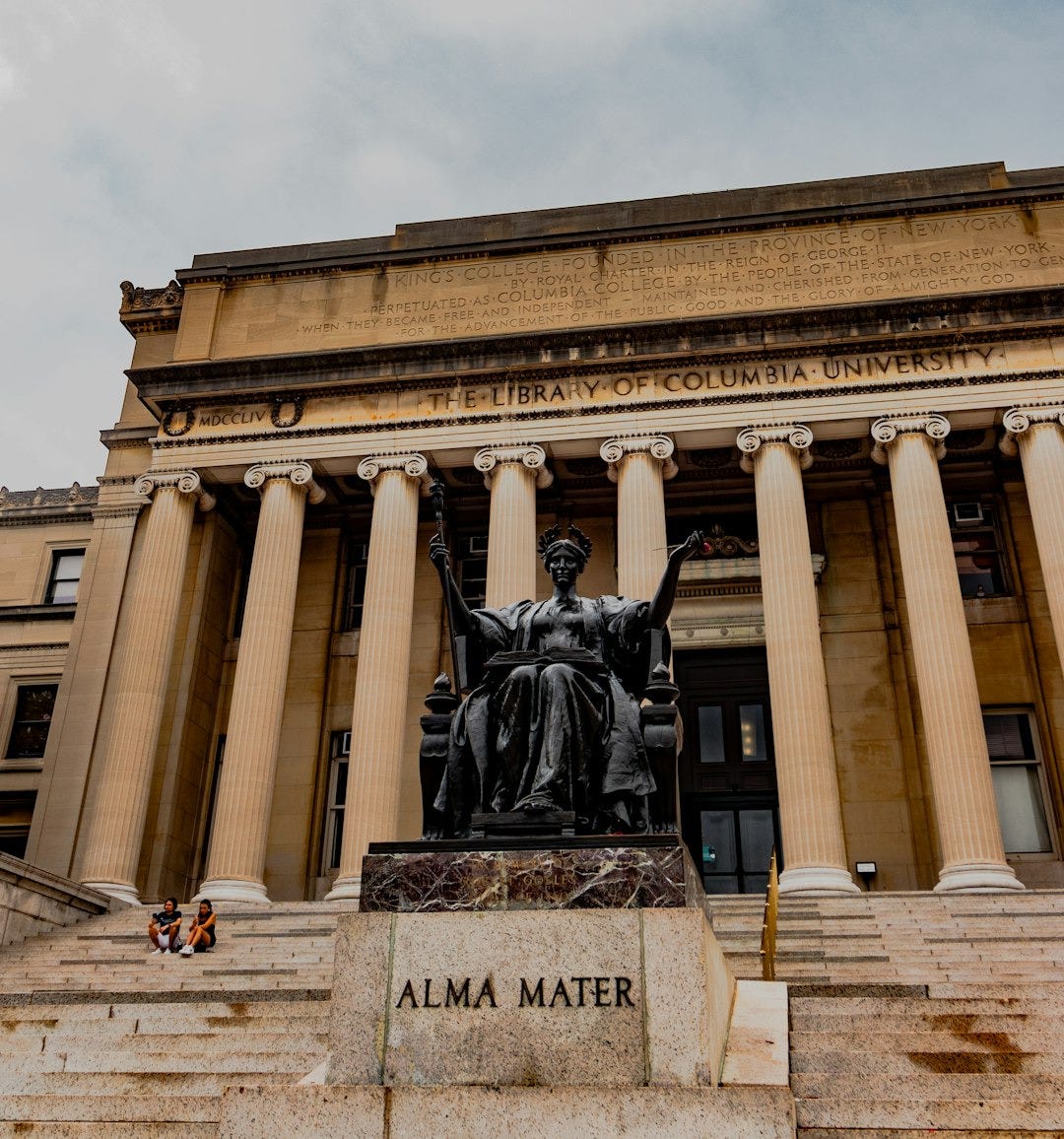
IN BRIEF: In May 2024, then-presidential candidate Donald Trump issued a threat: “One thing I do is, any student that protests, I throw them out of the country … you know, there are a lot of foreign students. As soon as they hear that, they’re going to behave.”
Recently, we have seen those words take on a new tenor.
On March 8, U.S. Immigration and Customs Enforcement (ICE) arrested and detained Mahmoud Khalil, a legal permanent resident of the United States and recent Columbia University graduate who has participated in protests. ICE subsequently transferred him from New York City to a detention center in Jena, Louisiana. A federal judge has temporarily blocked Khalil’s deportation as his legal proceedings continue. Khalil’s legal team asks that he be immediately released and returned to New York.
ON THE HORIZON: Khalil’s arrest is only the beginning. Already, a student has sued the Trump administration after being targeted by ICE, another student has been deported, and an additional student has left the United States in fear of deportation.
The Trump administration, and President Trump himself, have forecasted an intention to arrest, detain, and deport certain protesters who engage in racial justice and human rights advocacy. There will likely be more attempts to infringe on people’s First Amendment rights in the future.
WHY ATTENTION’S NEEDED: Though the deputy secretary of the Department of Homeland Security was disturbingly unable to articulate what Khalil had done that made him subject to arrest, the message being sent by the Trump administration is nevertheless clear: People who participate in protests, like Khalil, will be targeted — and may be arrested or otherwise face harrowing immigration consequences.
Throughout American history, nonviolent protests have been employed to condemn civil and human rights violations, advocate for policy changes, and hold officials — including university and government officials — accountable for upholding the United States’ democratic values. In our democracy, all protesters have rights, and it’s imperative that their civil and human rights are protected and that the First Amendment protections of freedom of assembly and speech are upheld.



